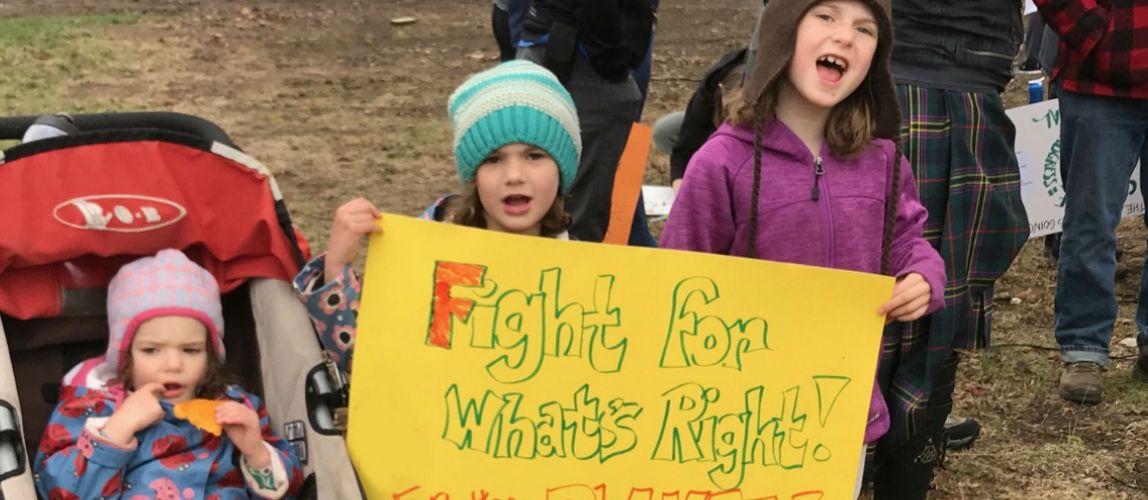According to a United Nations report, 1 million species on Earth are at risk of extinction, some within decades, and all due to human behavior. From large animals like lions and elephants to the insects that pollinate our food sources, the species with whom we share the web of life are in serious danger—1 million of them.
With most recent estimates of the total species on Earth at 8.7 million, that is a huge percentage of life on Earth, especially when you consider that the balance of the 8.7 million is inextricably connected to this 1 million.
"the life support system provided by nature that is really holding all the needs of humanity and all the organisms living on Earth is deeply threatened. So this means there's a threat to our everyday lives, to our economies, to our well-being."—Patricia Balvanera, a UN report author
However, we are not without hope, just without action. These devastating changes can be addressed, and we know how to do it. The way we farm and fish can be adjusted to better balance ecosystems. Changes made by a few very large corporations who source a significant fraction of the world's food can have an outsized impact on efforts to slow or even turn this around. A reduction of fossil fuel use combined with the transition to alternative energy sources and real, simple changes in the way we package, use and dispose of waste could stem the terrible impact we're having on land and ocean.
"The climate crisis has already been solved. We already have all the facts and solutions...All we have to do is to wake up and change."—Greta Thunberg
This list goes on, and the ideas on how to slow the pace of climate destruction abound. We need the will of enough people to start addressing the way we humans are impacting our shared home. Regardless of our beliefs or positions on other issues, it should be imperative to each of us that we collectively change our behavior and push on any and every elected official to make this the top issue, immediately.
"In a world of more than seven billion people, each of us is a drop in the bucket. But with enough drops, we can fill any bucket." —David Suzuki
After watching Patricia Balvanera interviewed about this report on the news, I looked in on my girls as they slept, and I was overwhelmed with love and concern for them. I felt a bit desperate for them to have their chance to thrive and to raise their own little ones and see those little ones thrive. Suddenly, it was never more clear to me that all other issues take a back seat. Without a home, without a prayer at well-being on a global scale, nothing matters more.
Here's a quick little list of ideas to start taking action. Please, please add more thoughts in the comments, too!
Watch or read the full interview transcript about the UN Report.
Watch Greta Thunberg's inspiring TED Talk, and feel energized to take action and support young activists in their work, too!
Follow coverage of the climate by the New York Times, PBS or USA Today
Read our blog post, "8 Super Satisfying Ways to Save the Planet" for ways to help young children grow into the nature stewards they are wired to be.
Try David Suzuki Foundation's Top 10 Things to do about climate change. These may not be new to any of us, but we can try them with greater inspiration.
Follow the National Resources Defense Council as they cover where each presidential candidate for 2020 stands on climate change.
Look for chances to develop cognitive empathy in kids, especially opportunities to pretend play like animals. This helps kids form alliances with other creatures that last a lifetime!
Continue to get outdoors, be outdoors and find community among people who value spending time in nature. Play, sense, connect and engage our children in doing the same.
